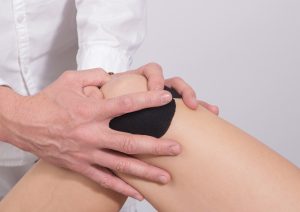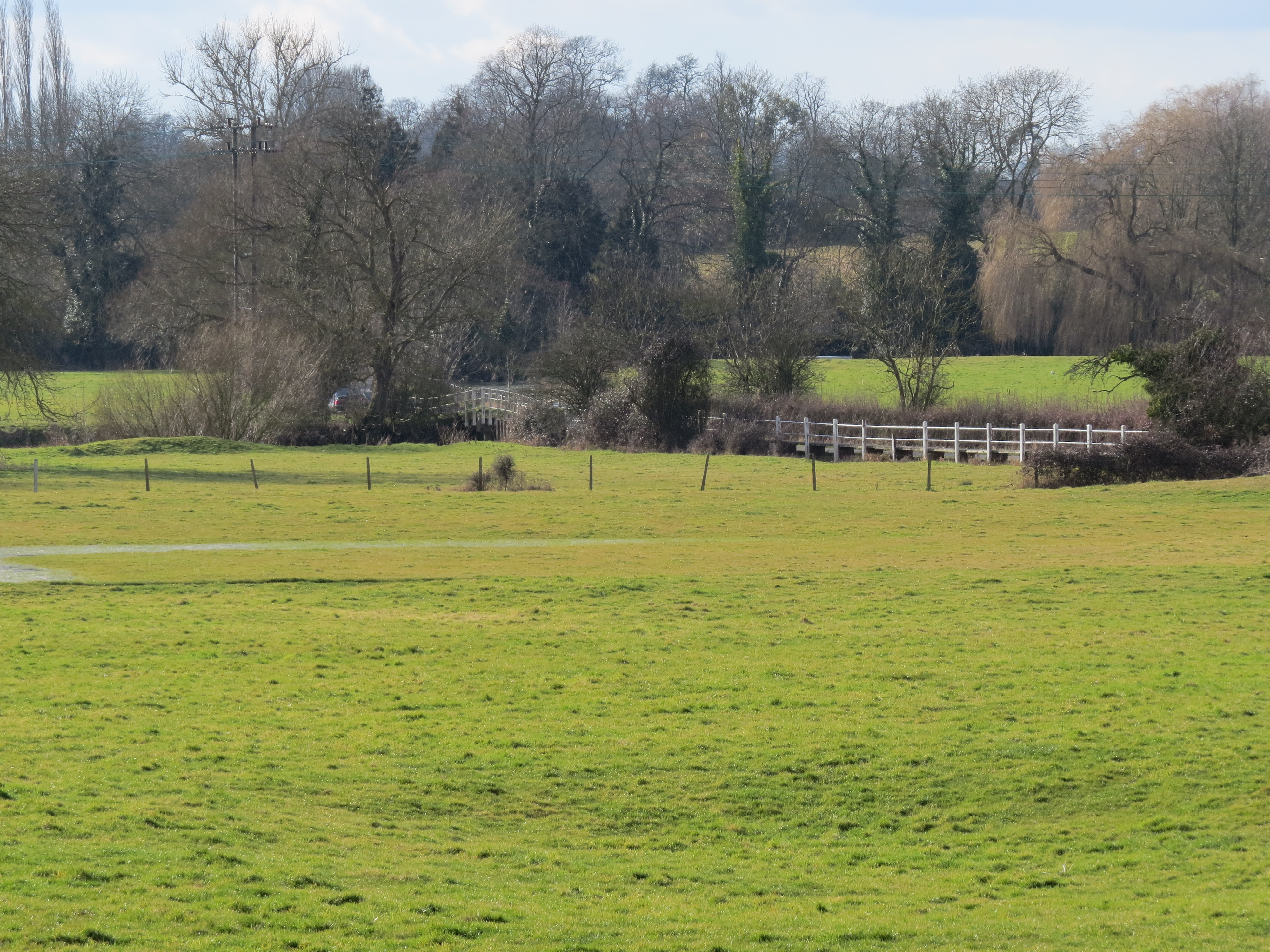Developments in the Treatment of Degenerative Knee Arthritis & Meniscal Tears
 For many years knee arthroscopy has been used for patients with persistent knee pain, instability due to a torn meniscus, debridement (removal of loose bodies within the knee) and for diagnostic purposes.
For many years knee arthroscopy has been used for patients with persistent knee pain, instability due to a torn meniscus, debridement (removal of loose bodies within the knee) and for diagnostic purposes.
It was considered a good option as it was keyhole surgery. Thus reducing the risk of infection and speeding up post-operative recovery. Previously arthroscopy was an open procedure, involving a larger incision and an elongated recovery period.
Research
However, recent clinical trials have studied patient recovery times and outcomes. Comparing treating degenerative meniscus tears with arthroscopy, versus a combination of physiotherapy and exercise.(Brignardello-Peterson, Guyatt BMJ 2017 – Click link for more details). The conclusion was that knee arthroscopy was not the most effective treatment. Also, a large trial in 2016 found there was no further benefit from arthroscopy compared to a programme of physiotherapy and exercise, over a 12-month review period.
Treatment
Here at The Iveson Clinic, when a patient presents with an arthritic knee or cartilage degeneration, we would start with a detailed assessment and examination of the knee using our very own inversion tables to get a complete assessment of the situation. We would also observe the patient’s general posture, particularly with regard to foot alignment.
Findings are then discussed with the patient and a treatment plan is made. Advice includes: avoiding kneeling, twisting on a stationary foot, squatting or any activity that aggravates the condition.
If the knee is warm, swollen and inflamed, treatment is offered to aid recovery. Treatment such as ice, acupuncture and soft tissue massage. The patient will also be offered a personalised, graduated exercise programme. This will help to strengthen the muscles supporting the knee joint.
With compliance to the treatment and the home exercise programme, patients usually do well and return to normal everyday activities with little or no discomfort.
Of course, there will still be the occasional patient who continues to have symptoms such as locking or giving way and who may therefore need to seek specialist orthopaedic advice. However it’s good to know that surgical intervention is not required for many knee problems.
If your knees need looking at, call The Iveson Clinic on 01787 374964 to make an appointment.

